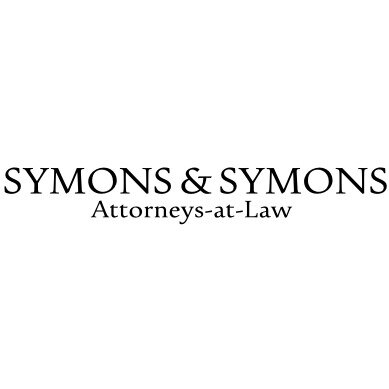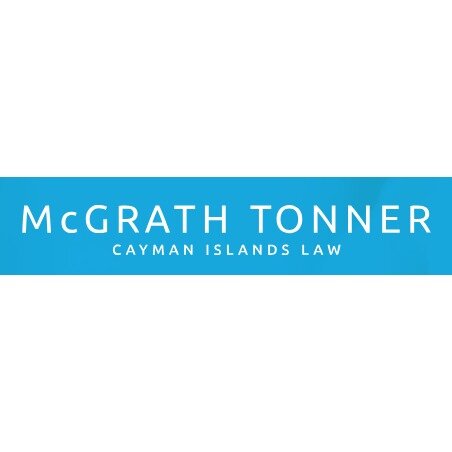Best Due Diligence Lawyers in Cayman Islands
Share your needs with us, get contacted by law firms.
Free. Takes 2 min.
Or refine your search by selecting a city:
List of the best lawyers in Cayman Islands
About Due Diligence Law in Cayman Islands:
Due diligence is a crucial aspect of business transactions in Cayman Islands, ensuring that parties have conducted thorough research and assessment before entering into agreements. It involves examining all relevant information and verifying the accuracy of claims made by the other party.
Why You May Need a Lawyer:
You may require a lawyer in Due Diligence processes to ensure legal compliance, protect your interests, and negotiate terms effectively. Lawyers can help with drafting contracts, conducting investigations, and interpreting complex legal issues.
Local Laws Overview:
In Cayman Islands, Due Diligence is governed by various laws such as the Cayman Islands Companies Law, the Proceeds of Crime Law, and the Anti-Money Laundering Regulations. These laws mandate thorough background checks, financial disclosures, and compliance with international standards.
Frequently Asked Questions:
1. What is the importance of Due Diligence in Cayman Islands?
Due Diligence is essential to protect investors, prevent money laundering, and ensure transparency in business transactions.
2. When should Due Diligence be conducted?
Due Diligence should be conducted before entering into partnerships, mergers, acquisitions, or any significant financial transactions.
3. How long does Due Diligence typically take in Cayman Islands?
The time frame for Due Diligence can vary depending on the complexity of the transaction and the availability of information. It can range from a few weeks to several months.
4. What are the consequences of not conducting Due Diligence?
Failing to conduct Due Diligence can lead to legal issues, financial losses, damaged reputation, and regulatory penalties.
5. Can a lawyer assist with Due Diligence investigations?
Yes, a lawyer can help with Due Diligence investigations by reviewing documents, identifying risks, and ensuring legal compliance.
6. What are the key components of a Due Diligence report?
A Due Diligence report typically includes information on company structure, financial status, legal issues, regulatory compliance, and potential risks.
7. How can I verify the credibility of information obtained in Due Diligence?
You can verify the credibility of information through independent verification, background checks, reference checks, and analysis of supporting documents.
8. Are there any specific regulations regarding Due Diligence for financial institutions in Cayman Islands?
Yes, financial institutions in Cayman Islands are subject to stringent regulations under the Anti-Money Laundering Regulations and the Proceeds of Crime Law.
9. What are the common challenges faced during Due Diligence processes?
Common challenges include incomplete information, lack of cooperation from the other party, language barriers, and difficulty in verifying international entities.
10. How can I ensure Due Diligence is conducted ethically and legally?
To ensure ethical and legal Due Diligence, it is advisable to engage experienced professionals, follow industry best practices, document all findings and decisions, and comply with regulatory requirements.
Additional Resources:
For more information on Due Diligence in Cayman Islands, you can refer to the Cayman Islands Monetary Authority (CIMA) website, the Cayman Islands Legal Practitioners Association (CILPA), and the Cayman Islands Law Society.
Next Steps:
If you require legal assistance with Due Diligence in Cayman Islands, it is recommended to consult with a qualified lawyer specializing in corporate law, compliance, and Due Diligence processes. They can guide you through the legal requirements, protect your interests, and ensure a smooth transaction process.
Lawzana helps you find the best lawyers and law firms in Cayman Islands through a curated and pre-screened list of qualified legal professionals. Our platform offers rankings and detailed profiles of attorneys and law firms, allowing you to compare based on practice areas, including Due Diligence, experience, and client feedback.
Each profile includes a description of the firm's areas of practice, client reviews, team members and partners, year of establishment, spoken languages, office locations, contact information, social media presence, and any published articles or resources. Most firms on our platform speak English and are experienced in both local and international legal matters.
Get a quote from top-rated law firms in Cayman Islands — quickly, securely, and without unnecessary hassle.
Disclaimer:
The information provided on this page is for general informational purposes only and does not constitute legal advice. While we strive to ensure the accuracy and relevance of the content, legal information may change over time, and interpretations of the law can vary. You should always consult with a qualified legal professional for advice specific to your situation.
We disclaim all liability for actions taken or not taken based on the content of this page. If you believe any information is incorrect or outdated, please contact us, and we will review and update it where appropriate.
Browse due diligence law firms by city in Cayman Islands
Refine your search by selecting a city.
















